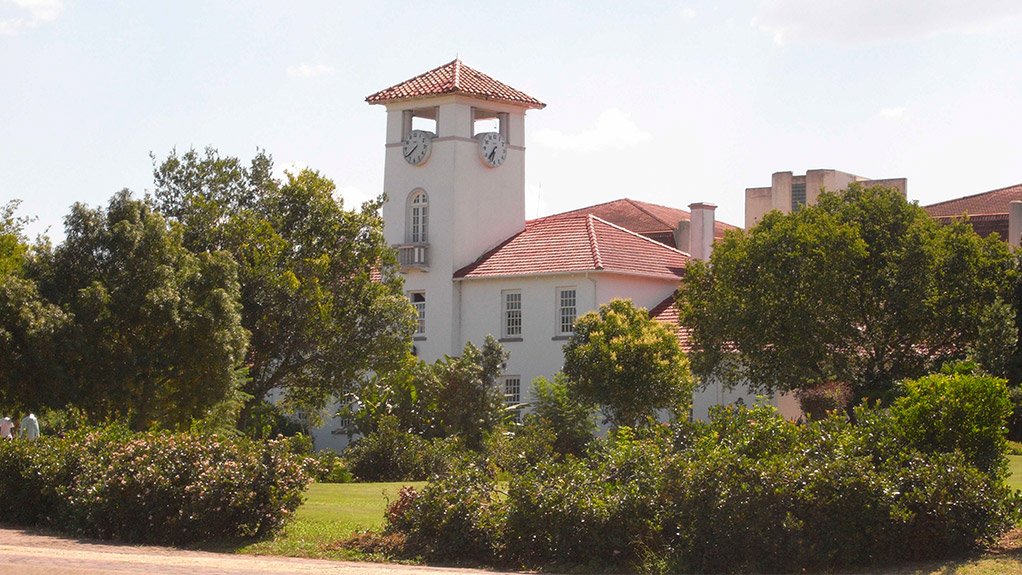The construction of South Africa’s largest student housing project is progressing on track at the University of Fort Hare (UFH). Despite delays caused by the national lockdown, the 2 047-bed student village will reach completion in December 2020. The new residence was unveiled at a roof-wetting ceremony, attended by Vice Chancellor of the University, Professor Sakhela Buhlungu, contributing SMME’s from the local community, and members of the Alice business community. The development aims to address a major accommodation shortage at the university.
“Covid-19 has placed higher education is in a state of flux, and there are many uncertainties about the future of face-to-face teaching and class sizes moving forward. One thing that is certain, however, is that students will always need good on-campus accommodation,” Vice-Chancellor of UFH, Professor Sakhela Buhlungu said.
Lack of accommodation is one of the biggest challenges faced at UFH. Currently, residences at the university’s Alice campus in the Eastern Cape are barely able to accommodate 50% of the student population. With this project, the university aims to house 65% of students on campus, giving UFH the highest ratio of students to beds in the country.
“At Fort Hare, most of our students come from rural areas which means that when they are not on campus, they do not have access to to vital resources, such as wi-fi, and social support, which are critical to a student’s ability to succeed. Our goal is to maximise student success through the provision of accommodation,” says Buhlungu.
Developed by student accommodation group STAG African and contractor Dewing Construction, the student village will also provide a dedicated postgraduate accommodation block and new student centre.
“Good on-campus accommodation means providing more than just beds – it’s also about creating a safe space where students can learn effectively. Over 60% of learning at the tertiary level occurs outside of a lecture hall, within the communities we create on campus – this is known as the hidden context of learning,” STAG African Director, John Schooling said.
The development has also contributed towards the general upliftment of Alice through job creation, and by creating demand for accommodation, food and other necessities. “LocalSMMEs were brought on board to assist, and through learning and skills development, this project will positively impact businesses and residents in Alice in the long term,” says Matthew Beard, Contracts Manager at Dewing Construction.
Phase one of the project, completed in 2014, saw 610 beds made available to the university. A further 1 437 beds were completed in phase two, this was funded by the Department of Higher Education and Training, the Development Bank of Southern Africa and the European Union and valued at over R400-million. Completion of the project will give UFH the highest ratio of students to beds in the country.
Issued by The University of Fort Hare
EMAIL THIS ARTICLE SAVE THIS ARTICLE ARTICLE ENQUIRY
To subscribe email subscriptions@creamermedia.co.za or click here
To advertise email advertising@creamermedia.co.za or click here











